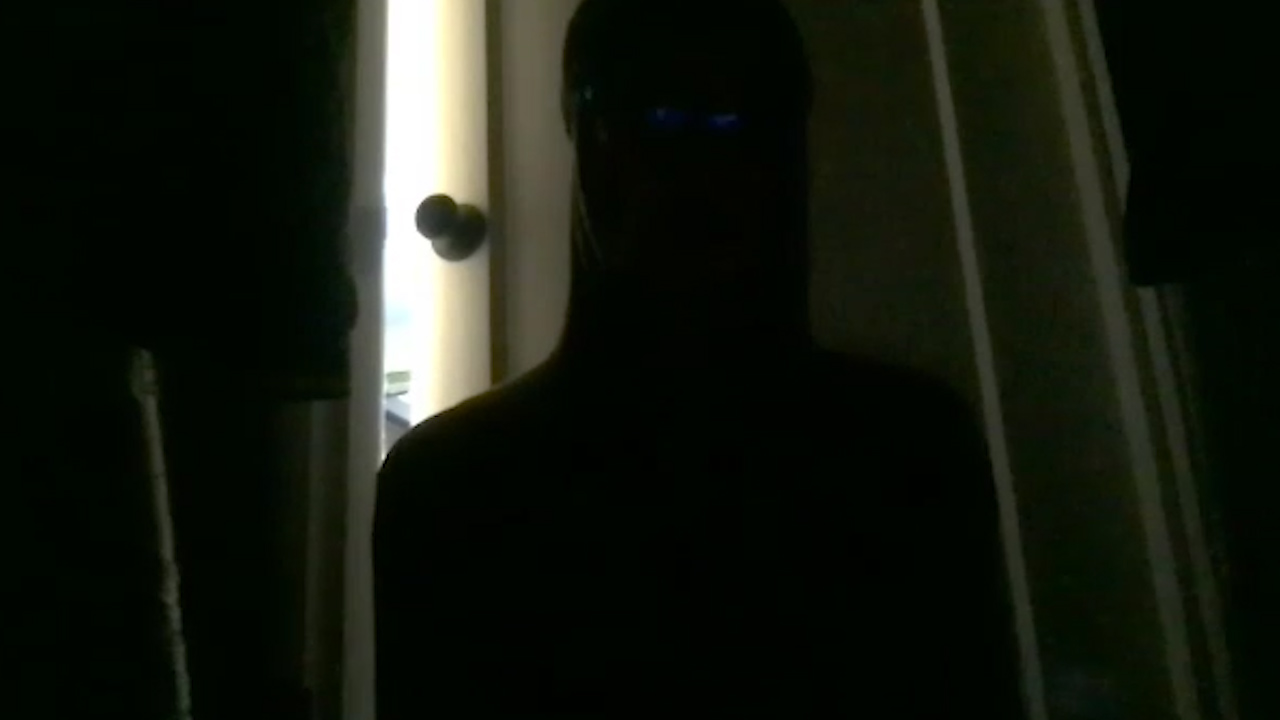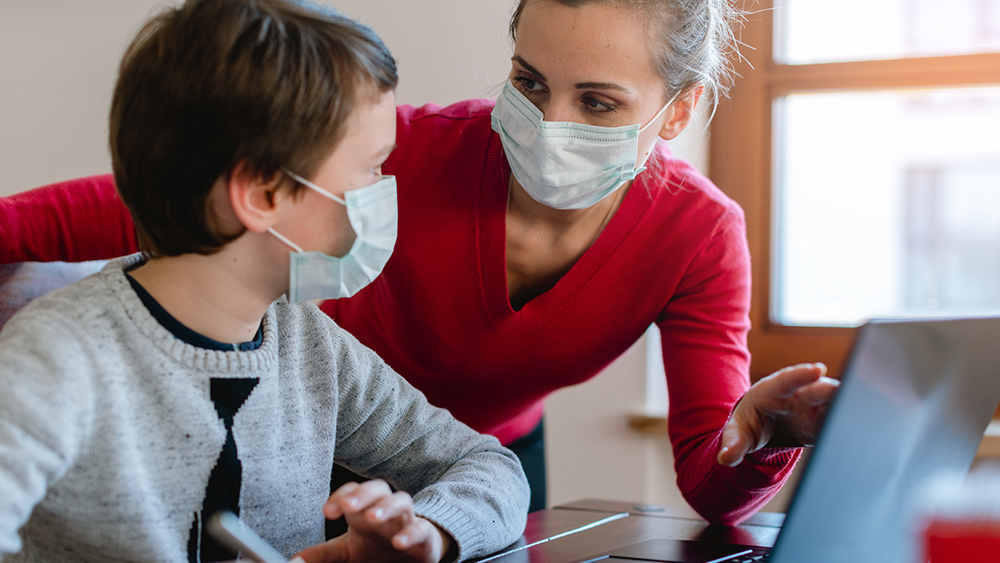Beijing residents fear catching the coronavirus from unsafe testing centers
06/23/2020 / By Franz Walker

Beijing health officials have instituted mandatory testing to combat a new surge of Wuhan coronavirus (COVID-19) cases. The manner in which testing is being done, however, may end up actually spreading the virus even further.
Talking to the Epoch Times, some residents have voiced concerns that the testing is actually exposing them to the coronavirus, saying that authorities did not provide them with basic safety protection during the testing.
Conditions at testing centers put people at risk
During a June 20 press conference, officials in the city government’s team for virus containment efforts stated that there were 474 testing sites in Beijing and that they had been able to test 2.3 million in the previous seven days. (Related: Schools close as Beijing sees fresh coronavirus outbreak.)
This is on top of measures requiring anyone who has been to the Xinfadi wholesale food market — ground zero for the new outbreak — to be tested. As a result, crowds of masked people waiting to undergo nucleic acid tests have become a common sight in recent days across the capital.
However, the manner in which the testing is being handled may actually be putting residents at greater risk of infection.
A resident named Li, who had been required by authorities to be tested after visiting the Xinfadi, spoke to Epoch Times about risky the conditions at the Bo’ao testing center in Kangxin road.
“I went to the test site and saw more than a thousand people lining up. They were all from nearby residential compounds,” Li said. “So many people gathered together is very risky [for contracting the virus].”
“The residential compounds around us even organized buses to transport residents to the testing site,” he added, fearing that the disease could spread quickly in such a tight space.
Meanwhile, Zhang, who’s entire residential compound near Xinfadi was required to get tested, noted that most medical staff did not change protective equipment such gloves after handling each individual.
“They [the medical staff] touched our faces and mouths [with the same gloves],” Zhang said. “It’s very risky for us to have cross infection.”
Zhang, who got tested on June 15, has yet to receive the results of his test. He says that the medical staff told him to check online himself; however, no one has been able to open the website that they were told to visit.
Fear of catching the disease from testing centers has led at least one resident, going by the name Guo, to refuse to be tested altogether.
“I have no symptoms. I’m afraid I’ll be infected if I go to the testing sites,” said Guo, who had been required by officials to take the test after he visited Xinfadi on June 3.
As a result, government staff have asked Guo to self isolate until the end of June. They told Guo that they would use high-tech surveillance to monitor his movements.
“If I go out with my phone, they’ll know immediately where I am,” he said. “I visited [Xinfadi] on June 3. It’s more than ten days ago, but they still force me to quarantine at home.”
People still going for testing even as risks mount
Despite the risks created by conditions at the testing centers, Beijing residents continue to rush to get tested — even those not required to take the test.
According to a report by Reuters, many testing facilities in the city are now inundated by those seeking voluntary tests. Bookings for the test were filled up almost as soon as officials opened them up on the official app.
One such facility, the First Medical Center of the People’s Liberation Army Hospital, admitted that their next available testing slot was a month away.
Even state-run media has conceded to the risks created by this surge in voluntary testing. The Beijing Daily admitted to the heightened infection risk in these facilities even as “citizens spontaneously go to medical institutions or fever clinics for [testing] and crowding occurs.”
Follow Pandemic.news for more on the coronavirus outbreak.
Sources include:
Tagged Under: Beijing, China, coronavirus, covid-19, disease, epidemic, Flu, government, infections, nucleic acid test, outbreak, pandemic, superbugs, testing, virus



















